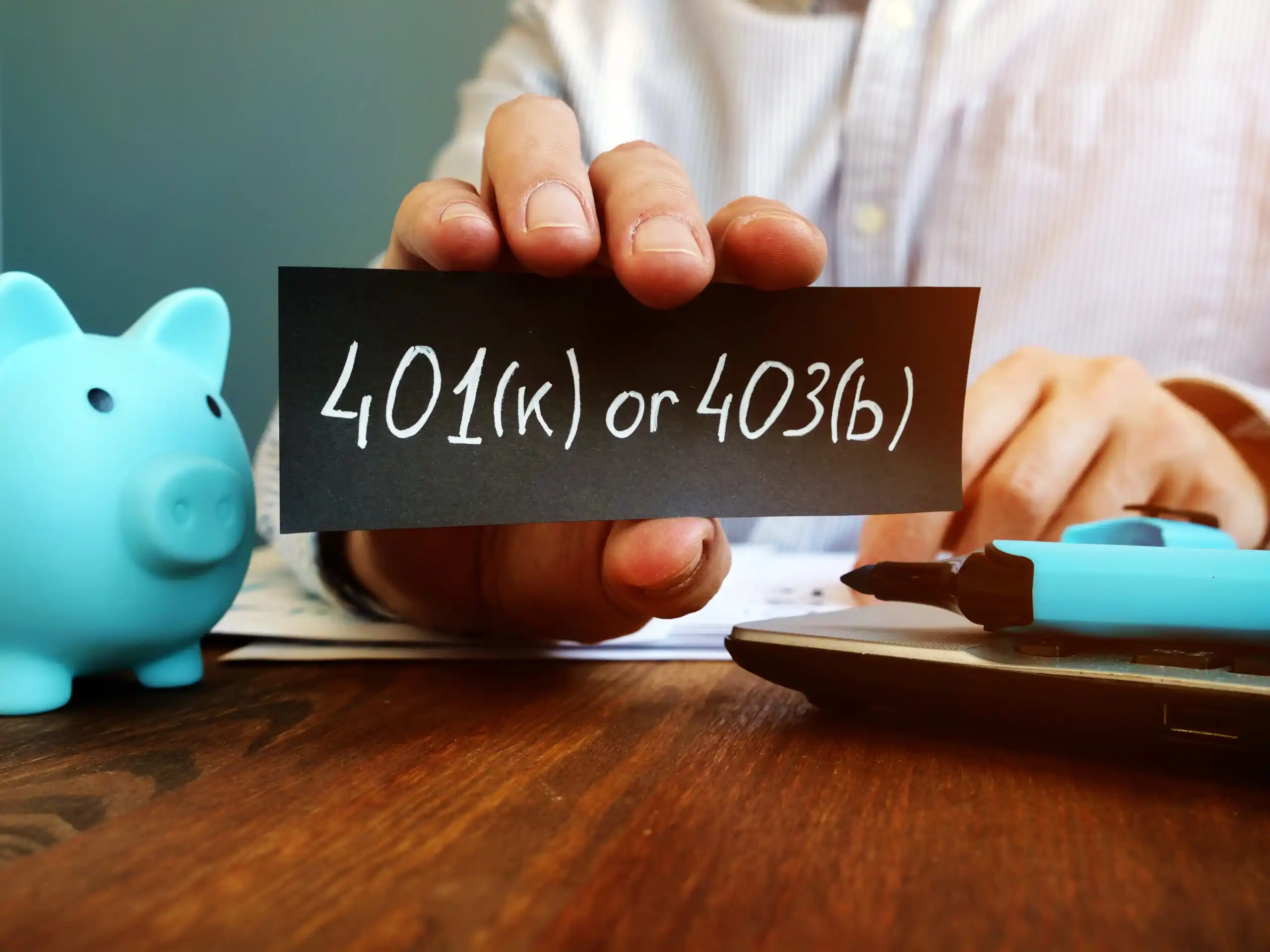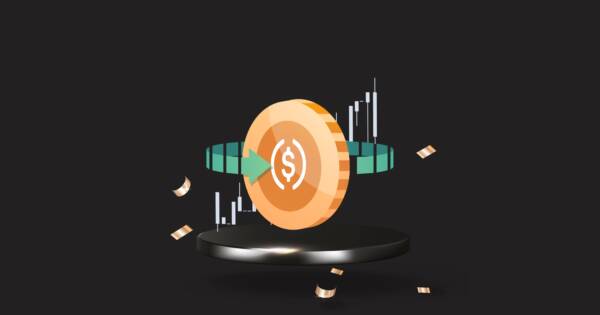Both 401k and 403b plans are both tax-advantaged retirement vehicles offered by employers. Each plan is named after a different section of the U.S. Tax Code. Both plans serve a similar function, in that they help you save for retirement. The main difference between the two plans is the type of employer sponsoring them. Typically, 401k plans are offered by private, for-profit companies. Meanwhile 403b plans are generally provided by non-profit organizations or government employers. So which plan you have access too probably depends on who you work for. In this article, we will look 403b vs 401k plans, and help you understand how to use them to your advantage.
401k Plans
A 401k plan is an employer-sponsored retirement plan that is offered to eligible employees. It enables employees to make tax-deferred contributions from their salary (on a pre-tax basis) to a mutual fund or other type of investment vehicle. Employers may also make matching contributions to the plan on behalf of employees. Some 401k plans also include a profit sharing component. Earnings in a 401k plan are sheltered from taxes until the funds are withdrawn. In most instances, these plans are only offered by private sector employers.
When funds are withdrawn, taxes are levied on the amounts taken out. In most instances, 401k distributions are taxed as ordinary income, much like a paycheck. The amount of tax you pay is ultimately determined by the type of plan, as well as how much money is withdrawn and when the funds are taken out. Your overall annual income may play a part too, come tax time.
403b Plans
A 403b plan is a retirement plan for employees of non-profit organizations. Some common examples include those who work for public schools, churches and ministries, and other tax-exempt organizations. Government employers at the municipal, state, and federal levels also offer 403b plans. These plans can usually be invested in either annuities or mutual funds.
In the distant past, 403b plans were restricted to an annuity format. However, that restriction was lifted in 1974. Almost all employees of non-profit, tax-exempt organizations are eligible to participate in a 403b plan. Teachers, school administrators, professors, government employees, nurses, doctors, and librarians are all common examples. Many 403b plans vest the funds over a shorter period than 401k plans.
403b vs 401k: Structural Differences
In many respects, these two plans are similar in their structure and function. There are some notable differences, though. For example, 403b plans are not required to comply with many of the disclosure regulations found in the federal Employee Retirement Income Security Act (ERISA). This Act governs most employer-sponsored retirement plans in the U.S.
This means that 403b plans are exempt from what’s known as “non-discrimination testing.” Done annually, this test is designed to prevent management-level or highly compensated employees from receiving a disproportionate amount of benefits from a given retirement plan.
403b vs 401k: Practical Differences
Even though 403b plans are legally able to provide employer contributions to their employees, few of them do. It’s a simple matter of keeping their tax-exempt status as an organization. If non-profit organizations make matching employer contributions to a 403b plan, they run the risk of having their tax-exempt status revoked. This tends to make 403b plans less beneficial to employees over the long-term.
In contrast, 401k plans typically do offer some sort of matching employer contributions. These matching contributions often come at higher rates than comparable 403b plans. This is because 401k plans are only provided by for-profit companies in the private sector.
If an employee has over 15 years of service with a non-profit or government agency, they may be able to make additional catch-up contributions to their 403b plans. This catch-up option is usually not available with 401k plans. Another key difference is that 403b plans tend to have lower expense ratios, since they are subject to less stringent reporting requirements. This translates into lower fees or management costs for employees.
Finally, 401k plans tend to be administered by mutual fund companies. Meanwhile, 403b plans are most often administered by insurance companies. That’s why 403b plans prominently feature annuities, while 401k plans tend to offer a lot of mutual funds.
The Bottom Line
What kind of retirement plan you have access to largely depends on what type of organization you work for. There are small, but important, differences between retirement savings plans for private sector businesses and non-profit or government work. The main difference is that private sector employers are more likely to provide an matching contribution. In addition, administration fees tend to be higher for 401k plans. Finally, 401k plans tend to focus on offering mutual fund investments. On the other hand, 403b plans are more likely to invest in annuities offered through insurance companies. Which plan is best for you depends on your own unique circumstances. Ultimately though, where you work matters the most.
Shutterstock









